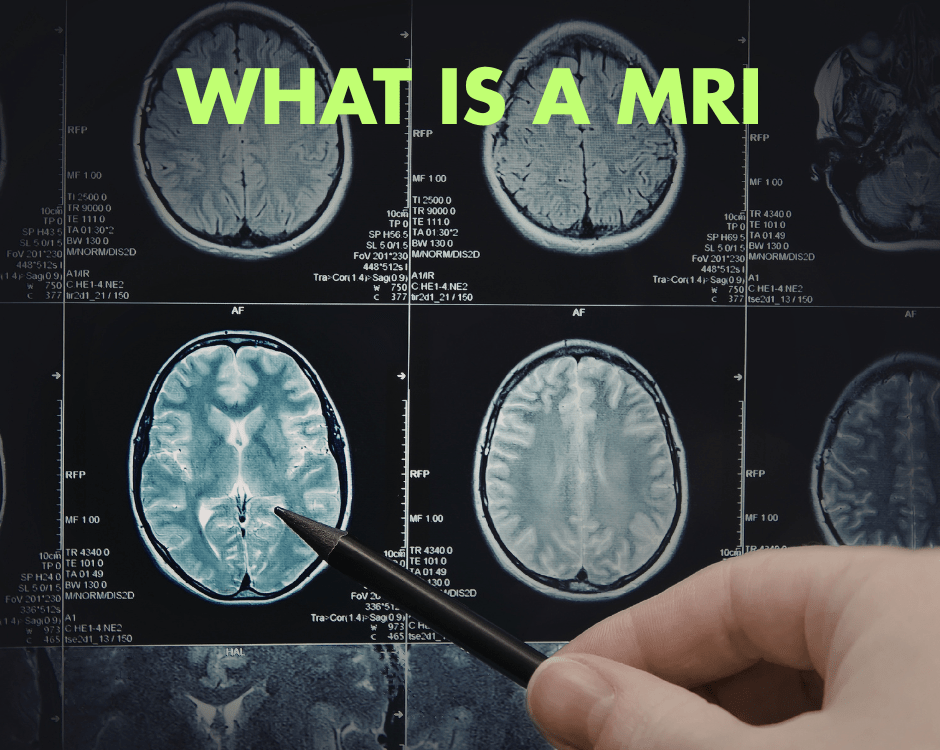Brain Fog

Tension vs. Cervicogenic Headache
April 25, 2025
Jaw Pain After a Car Accident
April 25, 2025- Accident doctor
- accupuncture
- airplane headache
- alzheimer's
- best habits
- Brain Injuries
- car accident
- car accidents
- cervical strain
- colds
- concussion
- Concussions
- disc bulge
- dosage meds
- dry needling
- dull pain
- E bike injuries
- florida
- good posture
- headaches
- Headrest positions
- Headrest positions after an accident
- Healthy choices
- Healthy flying
- healthy gift guide
- Healthy SPring Ideas
- hip pain
- hyperextension
- injury doctor
- insurance
- Kayaking
- kentucky
- kids motion sickness
- lifestyle
- motion sickness
- neck injury
- no fault insurance doctor
- noise healing
- osteoporosis
- pain symptoms
- pink noise
- posterior chain
- posture
- prevent osteoporosis
- Rest
- Scoliosis
- shoulder pain
- Stress with kids after a motor vehicle accident
- TBI
- tips
- tmj
- torn muscle
- Traumatic Brain Injury
- trigger points
- VitaminD
- What are Post Traumatic headaches?
Brain Fog Following a Car Accident
If you have ever been involved in a motor vehicle accident (MVA), you may find your head feels like it is stuffed with cotton. That is brain fog, a slow, cloudy thinking that creeps in out of nowhere. Common complaints may range from trouble focusing, forgetting events such as kid’s birthdays (which happened recently), they lose their keys constantly, forget things at their job, or even have trouble with directions to places they have already been. It is like the brain has gone on strike. I am Dr. Aaron Workman of Chambers Medical Group, one of the highest rated car accident medical care providers in Kentucky, and I will talk about where this haze comes from and why it lingers post MVA.
What is Brain Fog?
To keep it simple, brain fog is exactly what it sounds like. The brain has punched the clock and is done working for the day. You blank on your neighbor’s name, stare at your phone not knowing why, or feel wiped just making a grocery list. It does not necessarily hurt but just drags your entire day down. It is not sharp like a headache, but the head may feel heavy, and some say it feels like they are half awake all day.
Force Behind the Fog
A motor vehicle accident can rattle your skull. This type of rattle can lead to a concussion, or mild traumatic brain injury (mTBI). The head is not required to contact any object as the whiplash movement alone can do it. You could be rear ended while stopped at a traffic light, and the following day find it difficult to keep up with specific appointments. The brain will need time to heal from trauma due to that initial rattle of the skull. It messes with the memory, focus, how fast you can think, and could linger for days to months.
Pain and Sleepless Nights
Pain is a fog maker too. A twisted neck or bruised ribs keep you tossing at night, and no sleep means no healing is occurring. I have seen patients so sore from an MVA that the only sleep they got was from a short nap. Days with no sleep can take a toll on the memory making the fog worse. If you are also taking pain medication for relief, it can muddle up the brain even more. The brain ends up too busy processing pain signals to sort out thoughts. Some may describe it initially as feeling like a zombie until they are finally able to rest.
Stress Overload
Motor vehicle accidents also hit your mind hard. You may get stuck on hearing tires squeal in your dreams, or you flinch at every honk. All the extra stress eats up your brain power making even a normal conversation difficult. Stress keeps the brain fog thick, and your brain will find it hard to forget that scared feeling.
Brain fog following an MVA can lead to a cascade of trouble if not addressed. Brain fog can be the beginning of skipping meals, depression, or loss of jobs, which leads to more stress, more pain, and sleepless nights. If it is days later and you are still lost with thoughts, then it is time to get checked out. The doctors at Chambers Medical Group are familiar with these symptoms and can help guide you through the fog.
— This article is written by Aaron Workman, DC, one of the members of Chambers Medical Group’s team of car accident chiropractors who offer a variety of treatments and therapies ranging from diagnostic testing to various soft tissue therapies for car accidents and injuries in Kentucky.
- Car Accident Medical Clinic in Tampa
- Car Accident Medical Clinic in Plant City
- Car Accident Medical Clinic in Brandon
- Car Accident Medical Clinic in Lakeland
- Car Accident Medical Clinic in Sarasota
- Car Accident Medical Clinic in Louisville
- Car Accident Medical Clinic in Lexington
- Car Accident Medical Clinic in Florence




